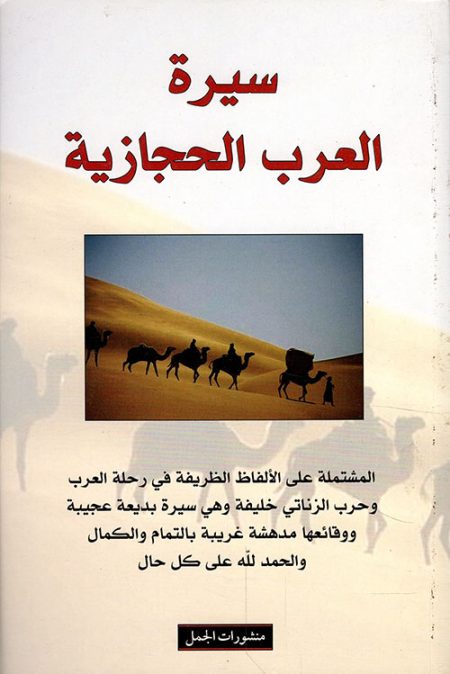Additional information
| book-author | |
|---|---|
| Year | 2015 |
Original price was: 7,81 د.ا.6,39 د.اCurrent price is: 6,39 د.ا.
Deals with the book of the biography of the Arabs Hijazi words of the Arabs Hijazi and knights Crescent best sayings and articulated and created meanings and envelopes, has collected this book systems useful and beauties strange nice, and apply it book words cute in the journey of the Arabs and war Zanati Khalifa has been arranged on the meanings and poems, and messages and news to enjoy every listener and listen to him listeners.
| book-author | |
|---|---|
| Year | 2015 |

Reviews
There are no reviews yet.